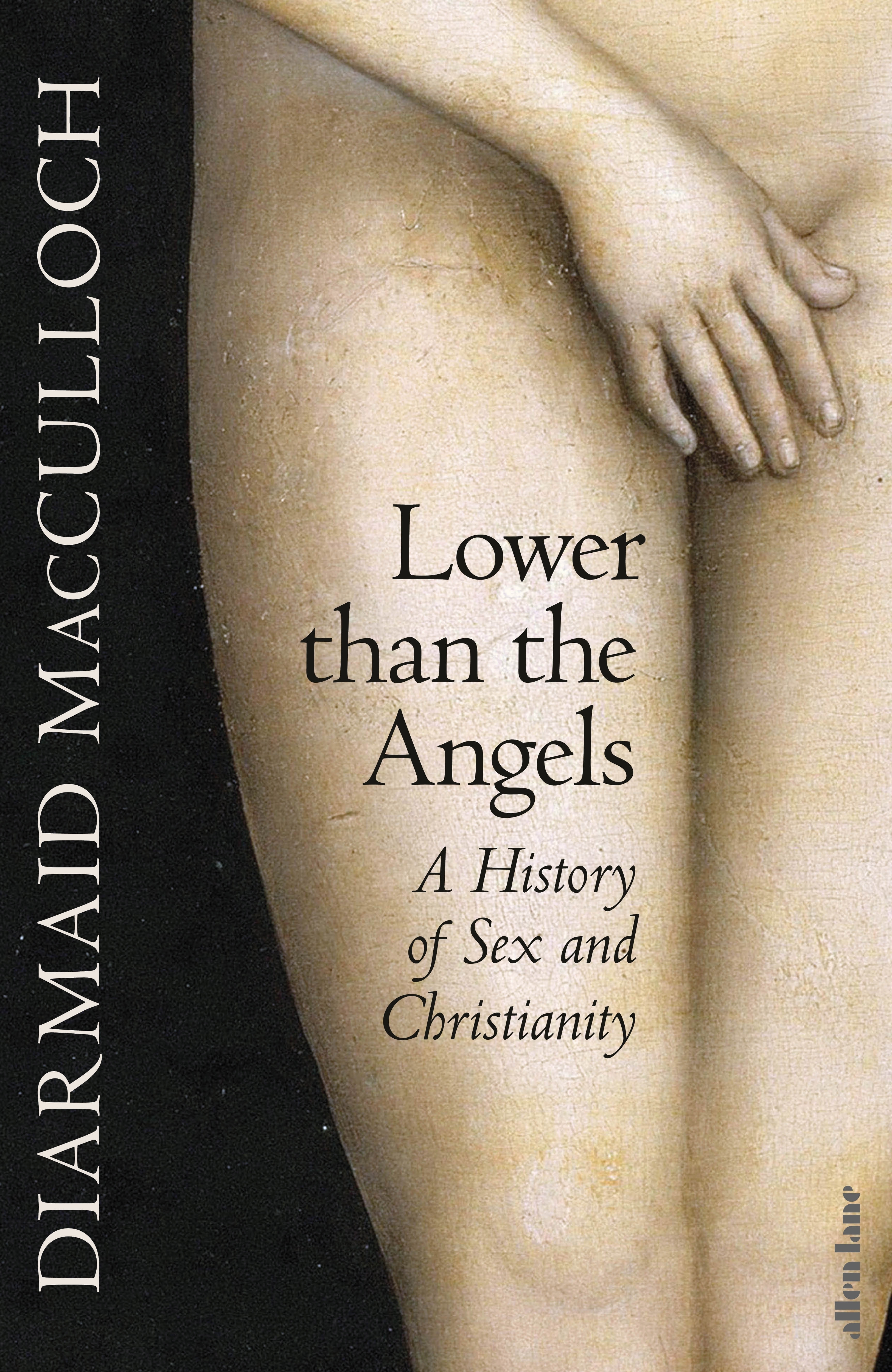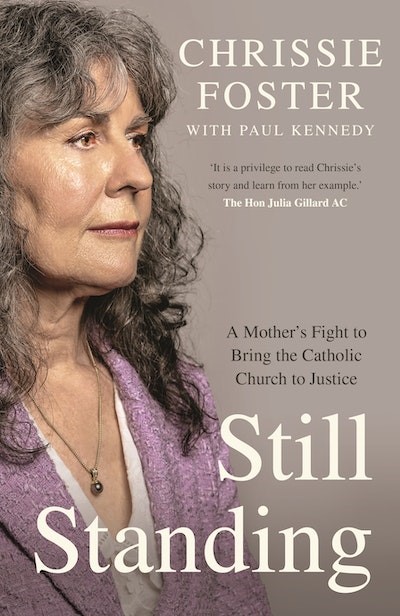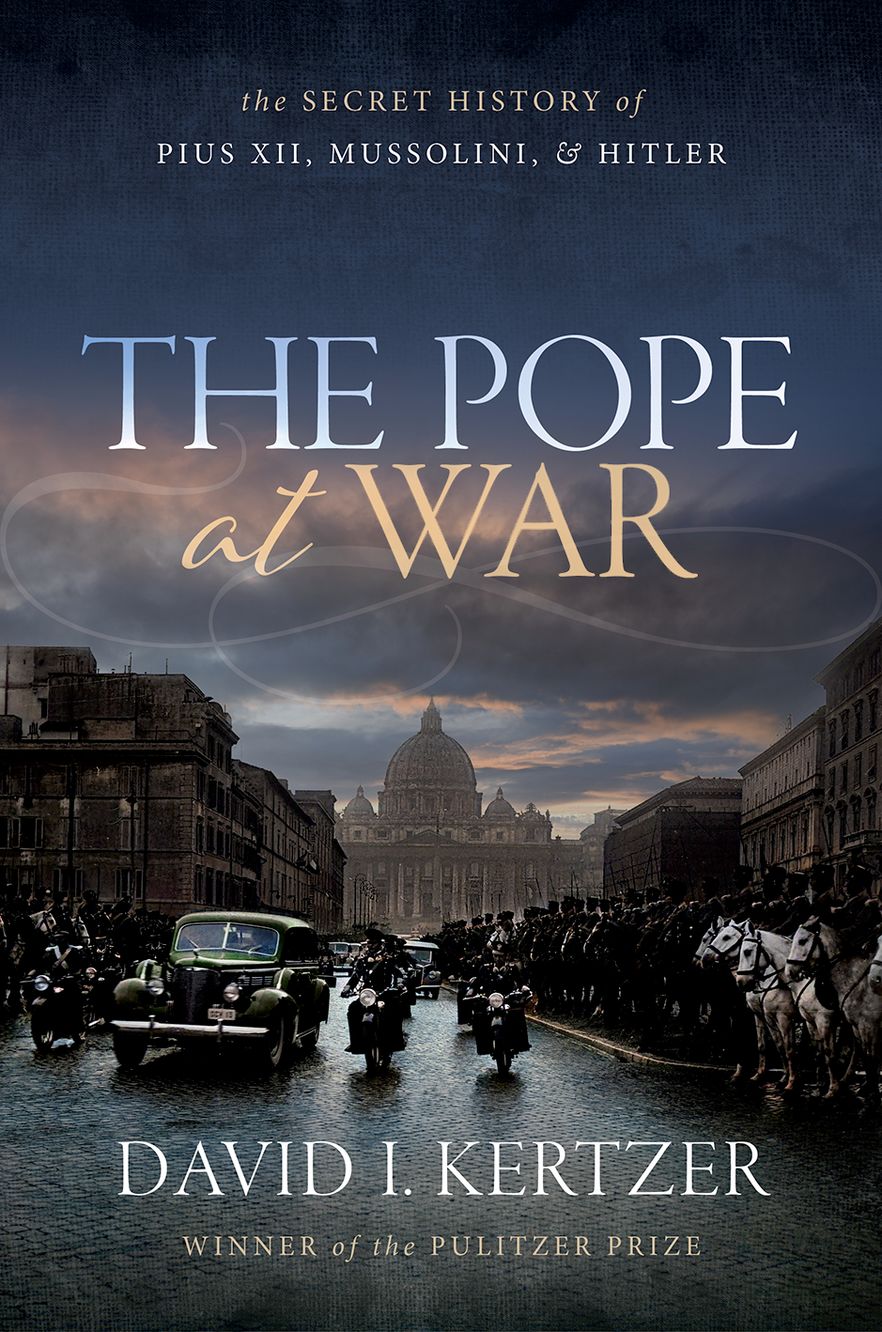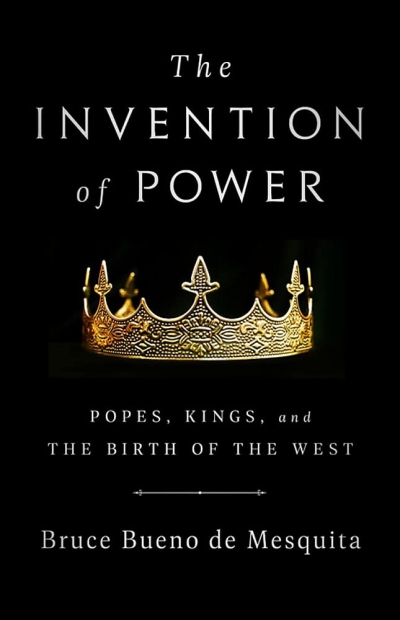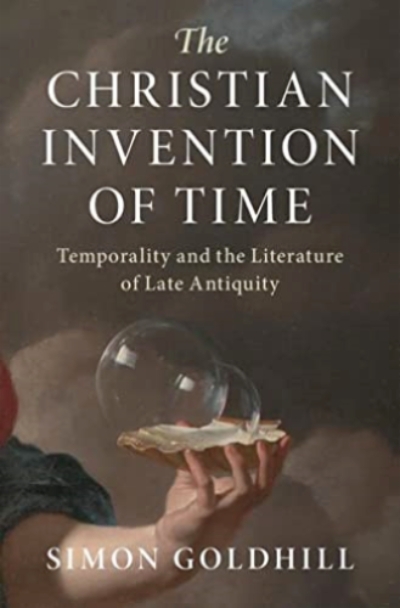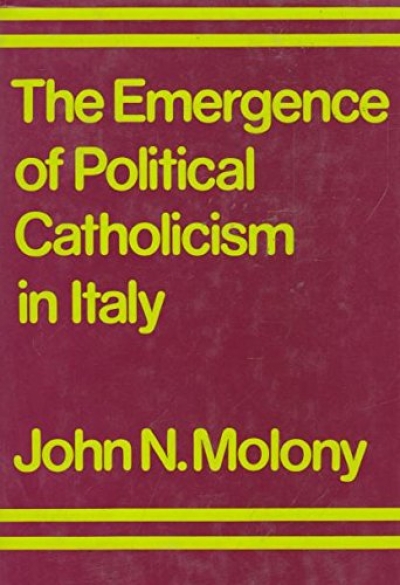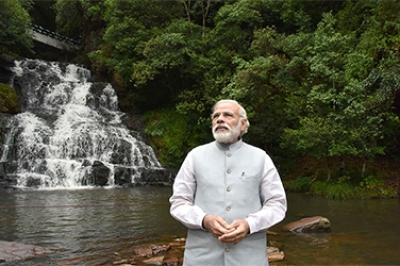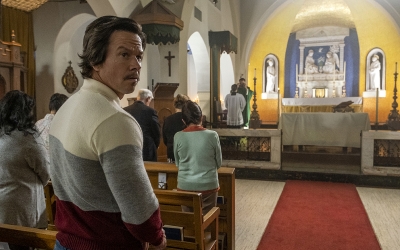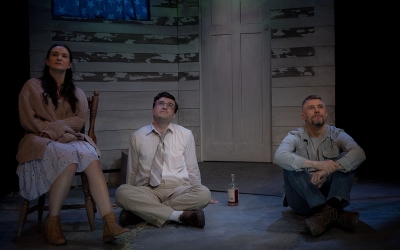Religion
Hope: The autobiography by Pope Francis and translated by Richard Dixon
Lower than the Angels: A history of sex and Christianity by Diarmaid MacCulloch
The Pope at War: The secret history of Pius XII, Mussolini, and Hitler by David I. Kertzer
The Invention of Power: Popes, kings, and the birth of the West by Bruce Bueno de Mesquita
The Christian Invention of Time: Temporality and the literature of late antiquity by Simon Goldhill
The Emergence of Political Catholicism in Italy by John N. Molony
On 15 August 2022, it will be seventy-five years since Jawaharlal Nehru declared that India’s ‘tryst with destiny’ had finally been ‘redeemed’. The rapturous crowds that gathered outside the Constituent Assembly in New Delhi on that sultry summer night cheered as loudspeakers relayed the words: ‘At the stroke of the midnight hour, when the world sleeps, India will awake to life and freedom.’
... (read more)What makes a man choose to be a Catholic priest? The cynical and snide these days might bring up an unhealthy interest in other people’s children. And yet, historically, the calling to the cloth has often been a noble one, as likely an impulse driven by spiritual yearning and zeal for social justice as mere careerism or a flight from normative sexuality. The Catholic Church, which faces a crisis of vocations across the Western world, would do well to look again at this story ...
... (read more)Not long into Will Arbery’s Heroes of the Fourth Turning a character brings out an acoustic guitar and is asked to play a song. He chooses Townes Van Zandt’s ‘Nothin’’, a melancholy ballad pulled from the annals of American folk music. When it was released in 1971, many assumed it represented Van Zandt’s struggle with drug addiction. In fact, as he explained two years before his death, the song was inspired by Nikos Kazantzakis’s The Last Temptation of Christ, a novel banned by the Catholic Church in 1955 for representing a Christ figure prone to human fallibilities.
... (read more)


